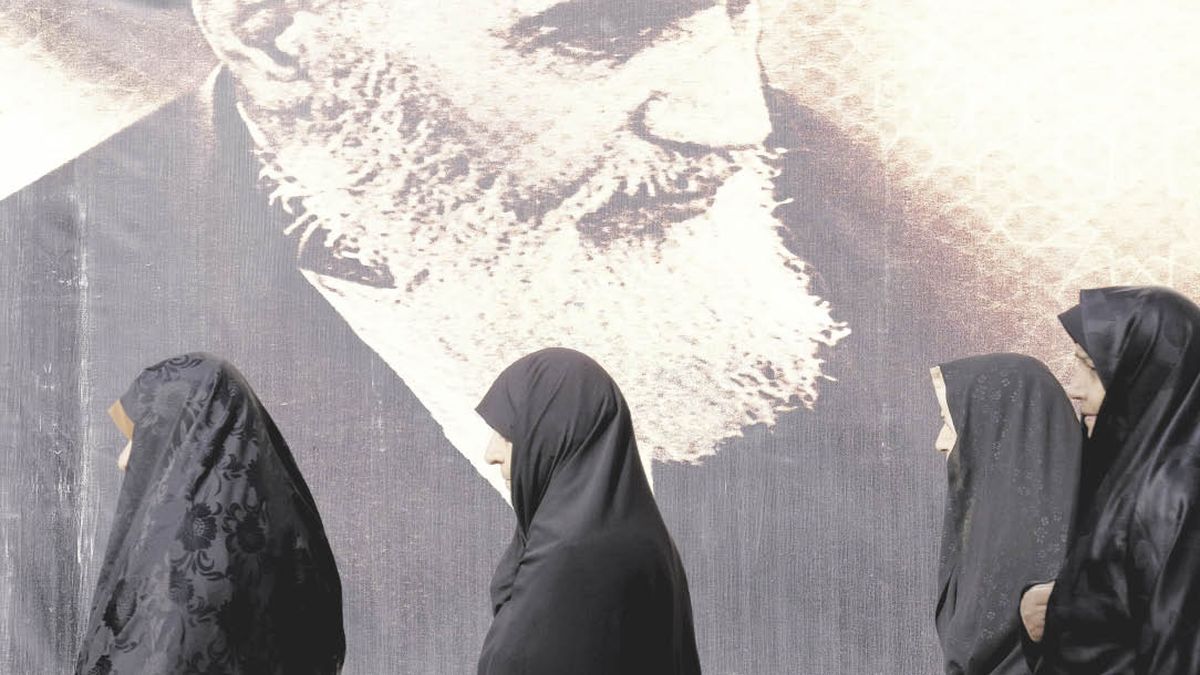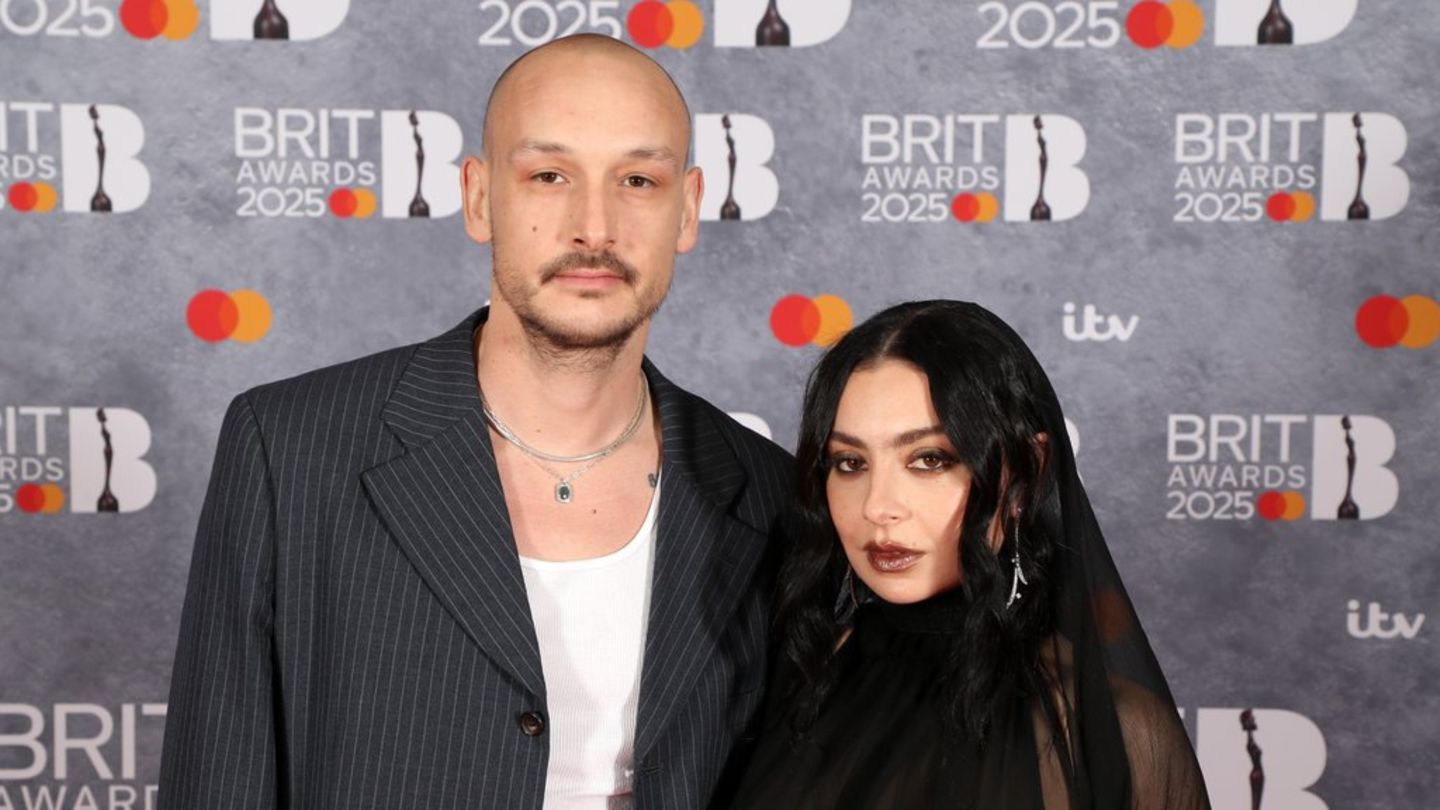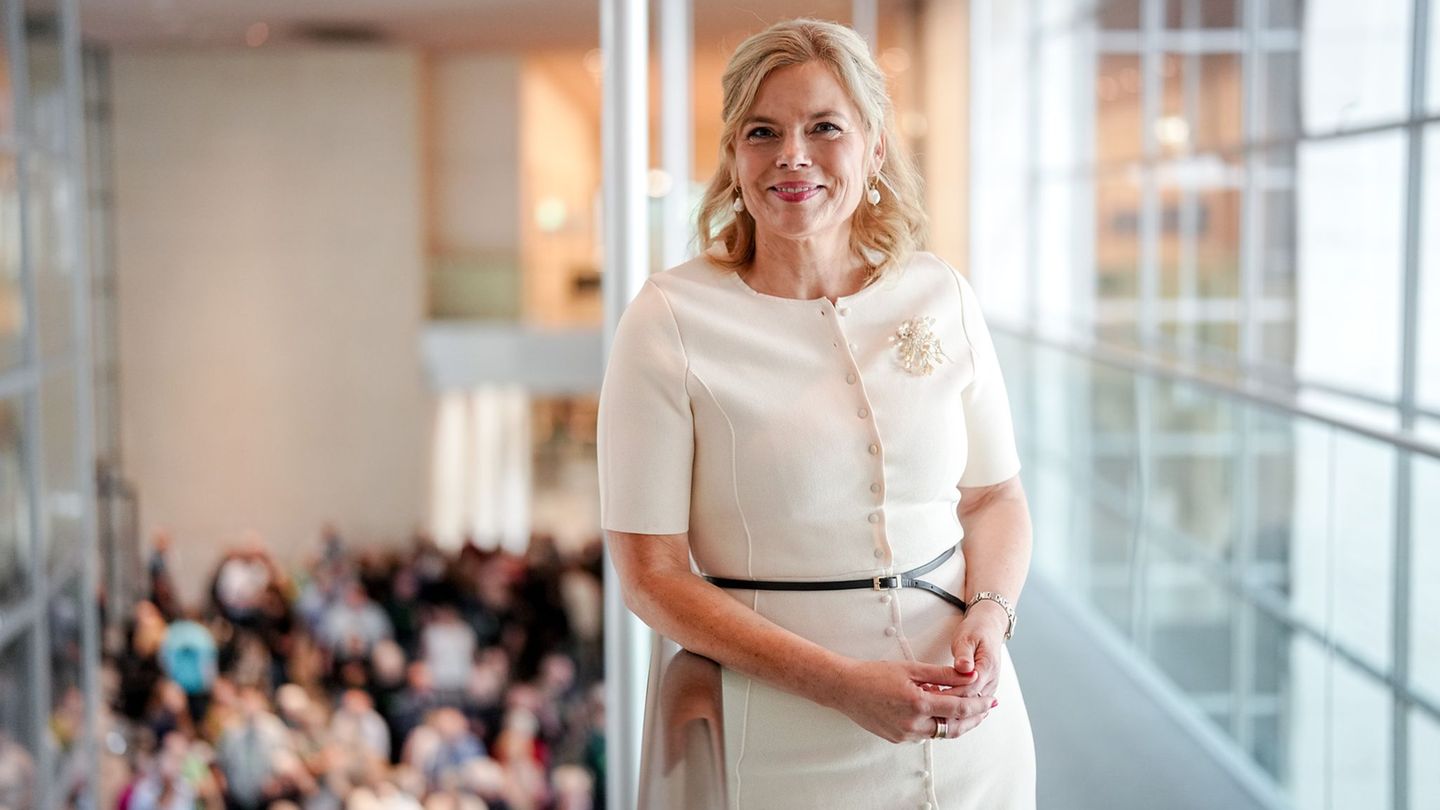High-ranking Iranian officials have also repeatedly stated that they will not change the Islamic Republic’s mandatory hijab policy, which requires women to dress modestly and wear headscarves.
In this framework, the protesters called a three-day strike and a rally in Tehran’s Azadi (Freedom) square on Wednesday, according to messages shared on Twitter.
Iran’s President Ebrahim Raisi is scheduled to address students in Tehran on the same day to mark Iran Student’s Day.
Similar strike calls and mass mobilizations have sparked an escalation in recent weeks in the unrest that has swept the country, some of the largest anti-government protests since the 1979 Islamic Revolution.
The activist HRANA news agency said 470 protesters had been killed as of Saturday, including 64 children. 18,210 protesters have also been detained and 61 members of the security forces have been killed.
Iran’s Interior Ministry’s State Security Council said on Saturday the death toll was 200, according to Mizan, the judiciary news agency.
Changes?
Residents posting on social media and in newspapers such as the Shargh daily say the Morale Police have been seen less on the streets in recent weeks, as authorities apparently try to prevent further protests.
On Saturday, Iran’s Labor News Agency quoted Montazeri as saying the morality police had been disbanded. “The same authority that has established this police force has closed it down,” he maintained. He added that this force was not under the authority of the judiciary, which “continues to control the behavior of the community.”
The announcement, interpreted as a gesture towards the protesters, came a day after the authorities announced that they were reviewing the 1983 law on the compulsory headscarf.
The rule was adopted four years after the 1979 Islamic Revolution, which toppled the monarchy, and states that both Iranian and foreign women, regardless of religion, have to veil their hair and wear loose-fitting clothing in public. .
Counterpoint
State-run Al Alam television said foreign media were describing the attorney general’s comments as “a pushback by the Islamic Republic of its stance on hijab and religious morality as a result of the protests” but that all What could be understood from his comments was that the Moral Police was not directly related to the Judiciary.
“The best way to deal with the riots is to pay attention to the real demands of the people”, mostly related to “subsistence and economic issues”, said yesterday for his part the spokesman for the presidency of Parliament, Seyed Nezamoldin Mousavi. , cited by ISNA.
Iran has been engulfed in a wave of protests since the death on September 16 of Amini, a 22-year-old Iranian Kurdish girl who died after being detained by the Morale Police for not wearing the headscarf correctly.
The authorities affirm that her death was due to health problems, but according to her family, she died after being beaten – by the troops.
Since then, women have led the protests, shouting slogans like “woman, life, freedom”, taking off and burning their headscarves.
Source: Ambito
David William is a talented author who has made a name for himself in the world of writing. He is a professional author who writes on a wide range of topics, from general interest to opinion news. David is currently working as a writer at 24 hours worlds where he brings his unique perspective and in-depth research to his articles, making them both informative and engaging.




